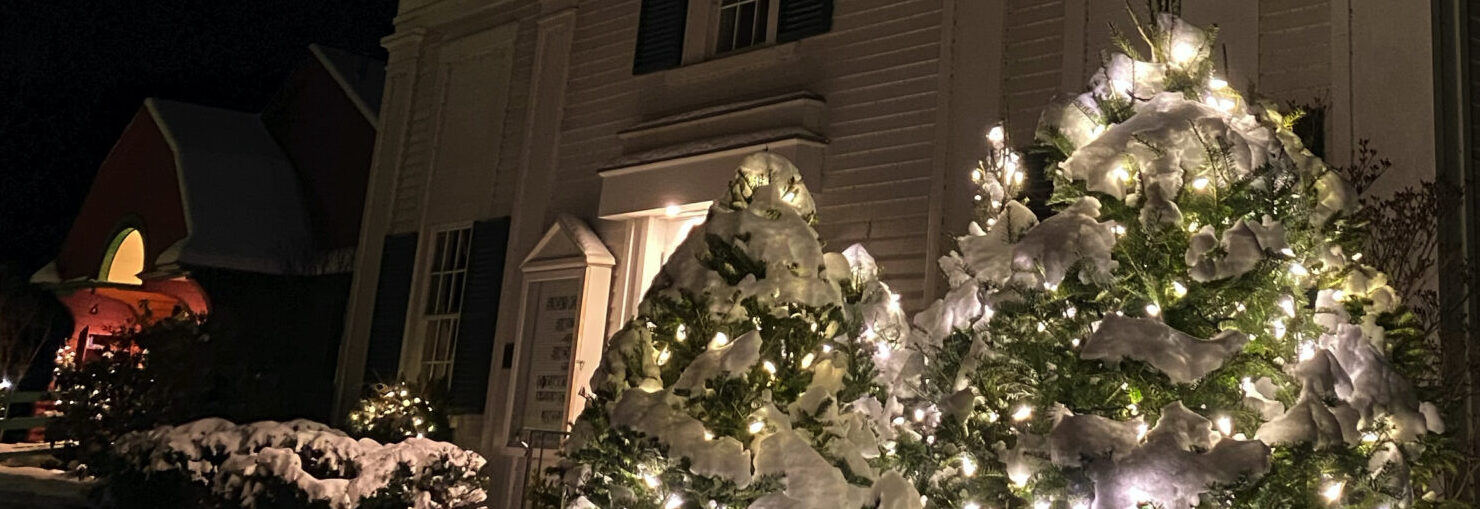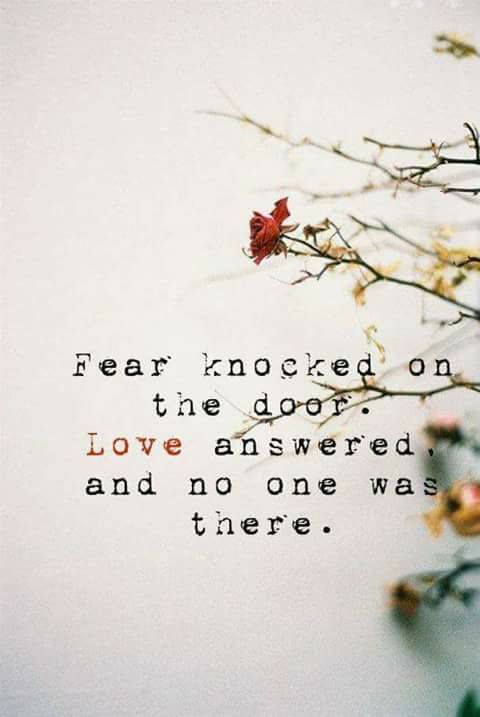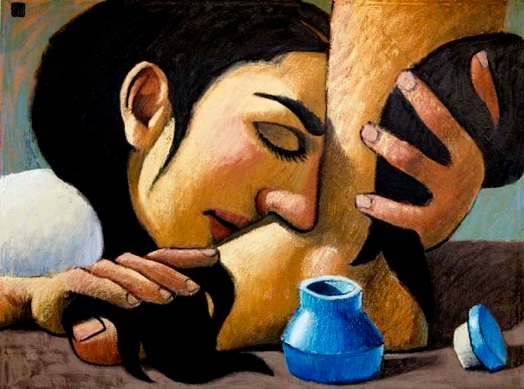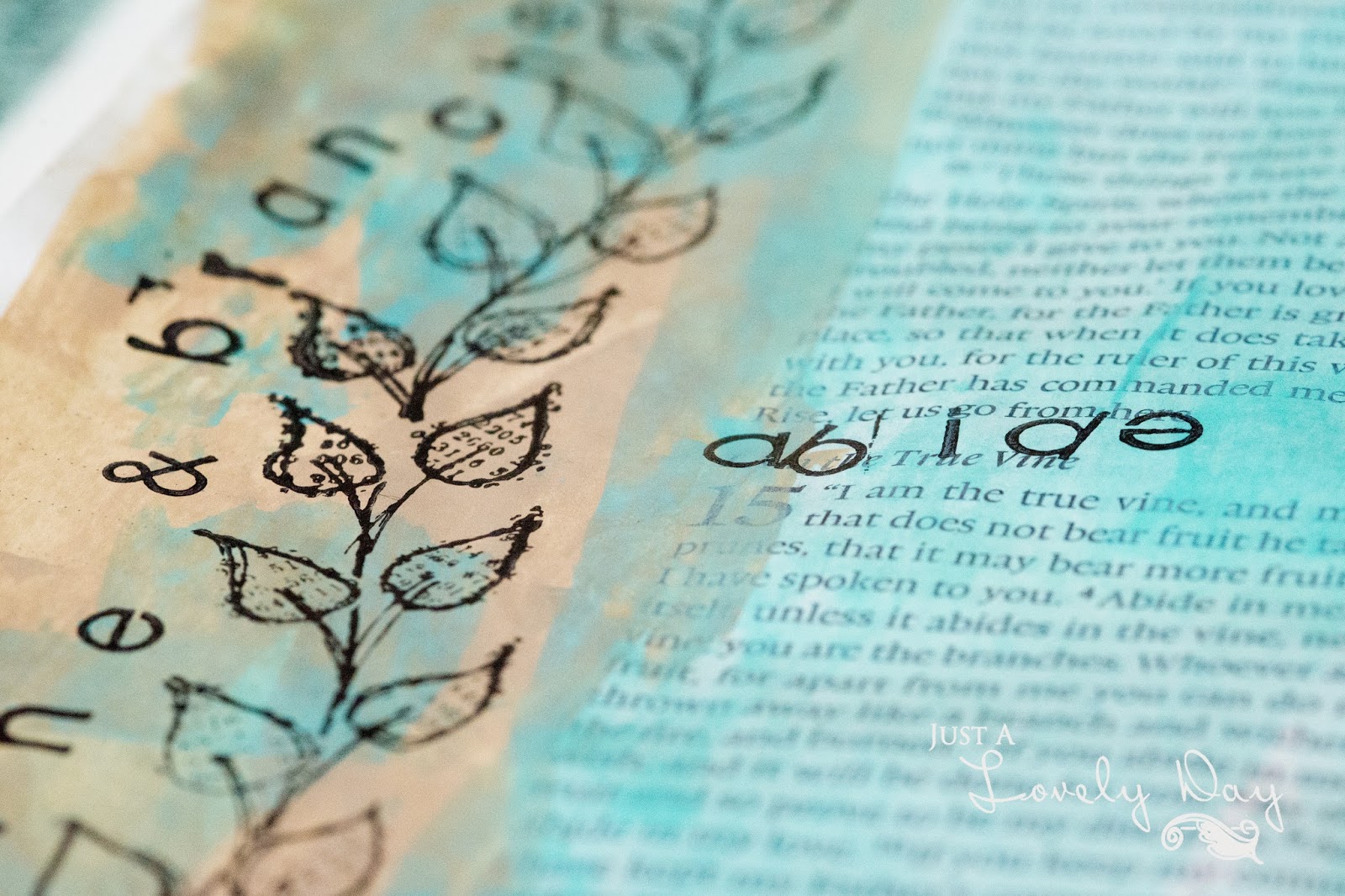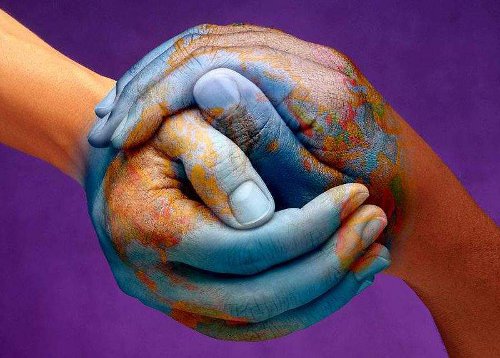Reflections on locked room mysteries and love that doesn’t knock: themes from John 20
What barriers stand between you and Love? Can you really keep out a love that is transformative, or will it pass through your closed door and locked heart, somehow? Yet doubt and questions have their place … they sometimes help open the way. Man goes far away or near but God never goes far-off;he is […]
